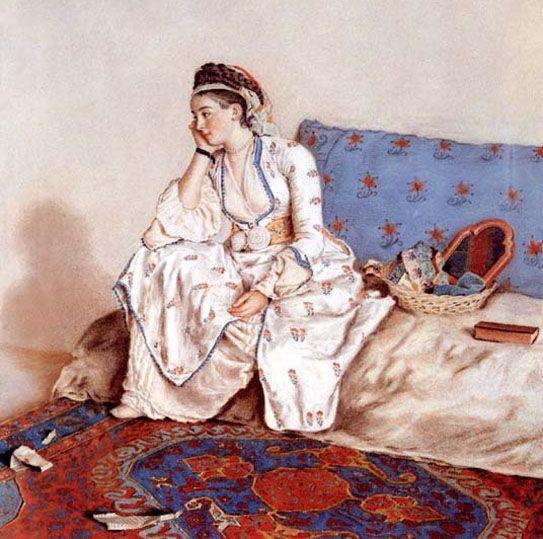
Private George ‘Dick’ Whittington was temporarily blinded after being shot by a sniper above the eye. Raphael Oimbari wasn’t identified until the 1970s when ‘Dick’ Whittington’s widow put a call out in the media because she wanted to thank him.
https://twitter.com/marinamaral2/status/1383035600635367425
Through the work of ‘Dick’ Whittington’s widow they were able to find out the identity of the carrier, and Raphael Oimbari went on to become quite a strong advocate for remembering the Papuan contribution to the war effort through the 1980s and into the 1990s.
After the war, Raphael Oimbari continued to live in Hanau Village. After being identified in the 70s as the Fuzzy Wuzzy Angel he was made an Officer of the Order of the British Empire.
t.ly/GmqK
t.ly/GmqK
Raphael Oimbari met George Whittington’s widow. It was agreed between them that they should name their grandchildren in honour of the grandfathers.
Raphael died in 1996 - by then he was in his mid-eighties. He was buried beside his modest two room bush material house.
Photo: Raphael Oimbari and other Fuzzy Wuzzy angels in Brisbane.
(Raphael Oimbari Foundation)
Photo: Raphael Oimbari and other Fuzzy Wuzzy angels in Brisbane.
(Raphael Oimbari Foundation)

• • •
Missing some Tweet in this thread? You can try to
force a refresh














